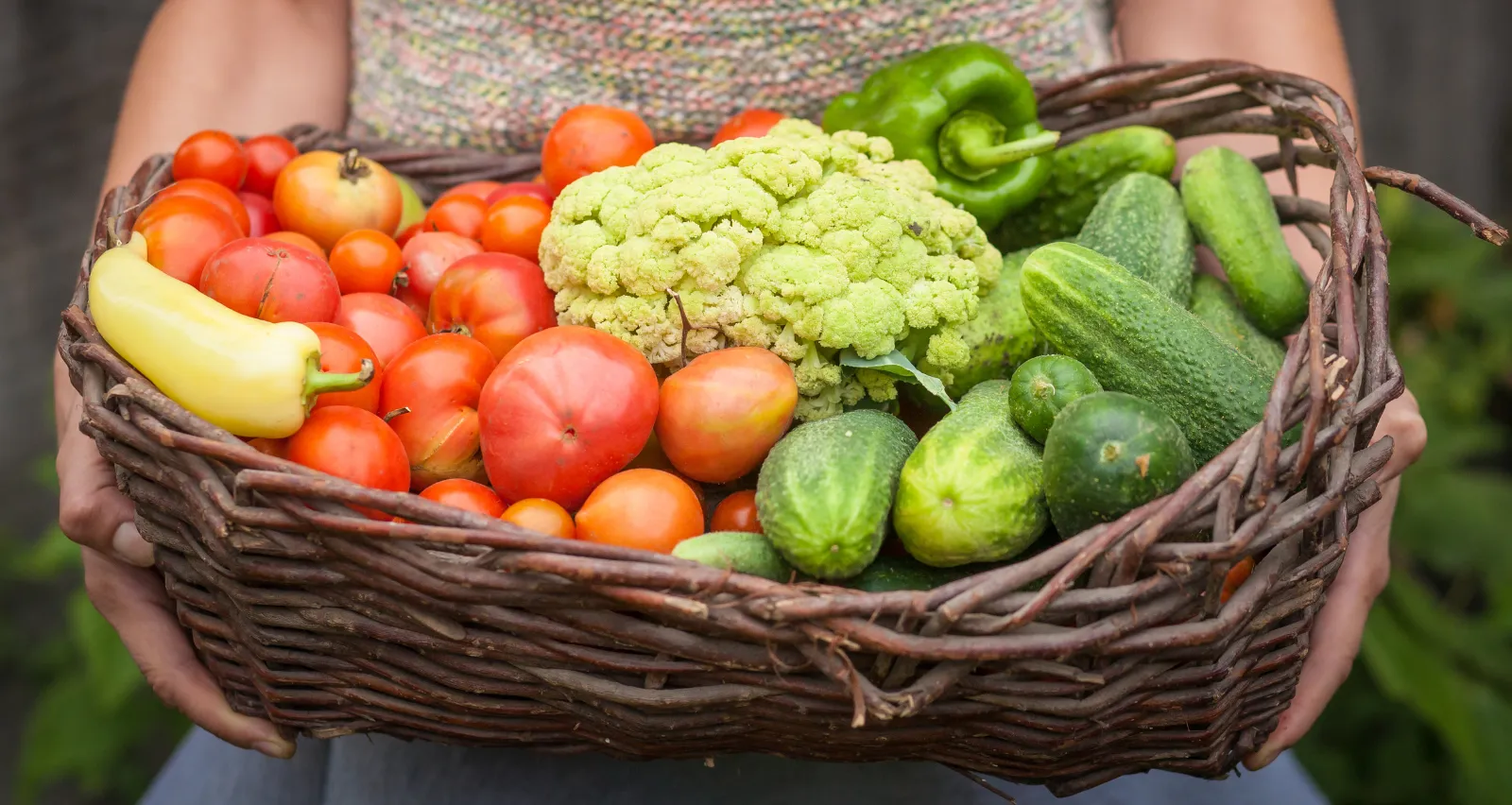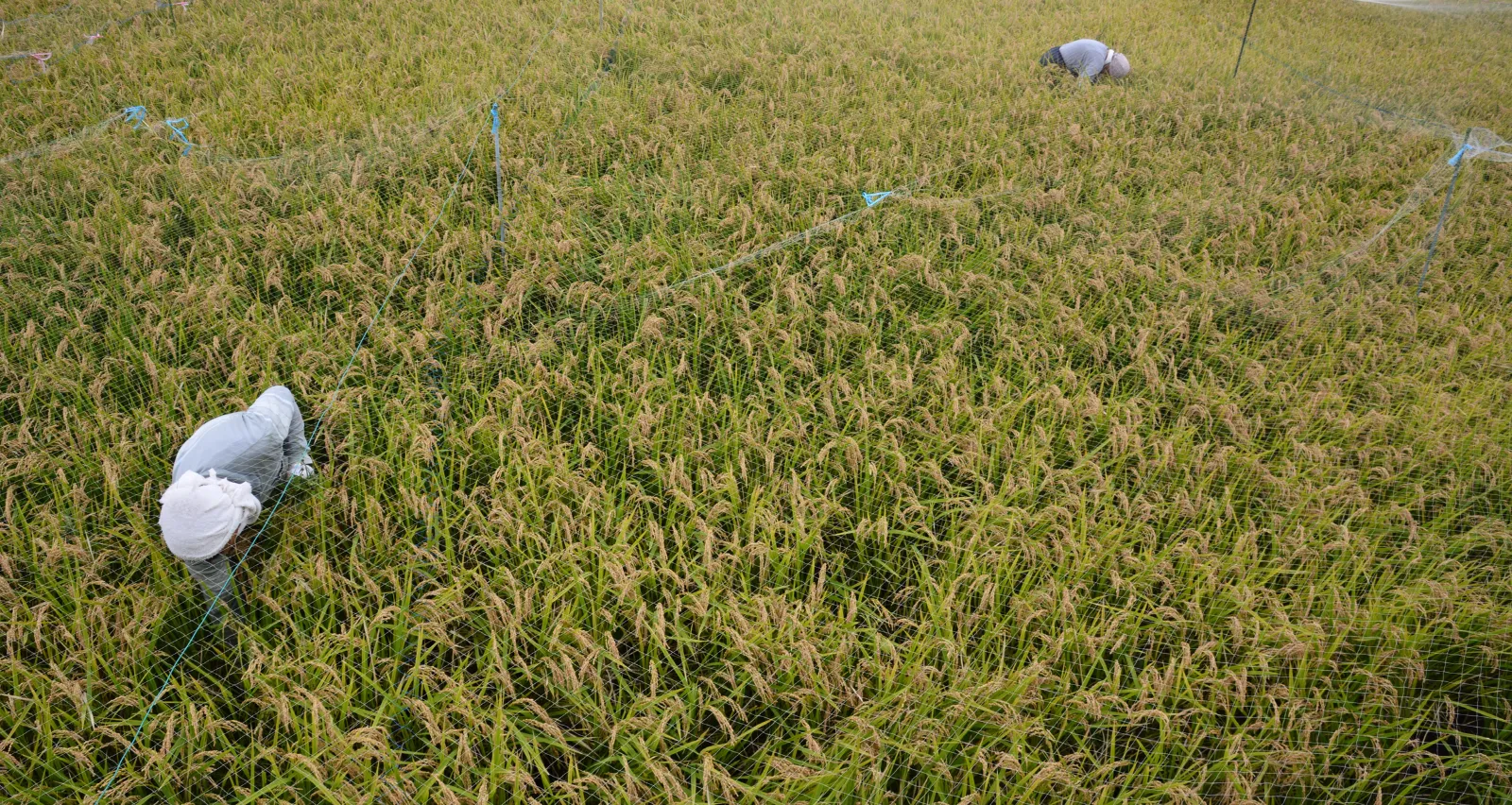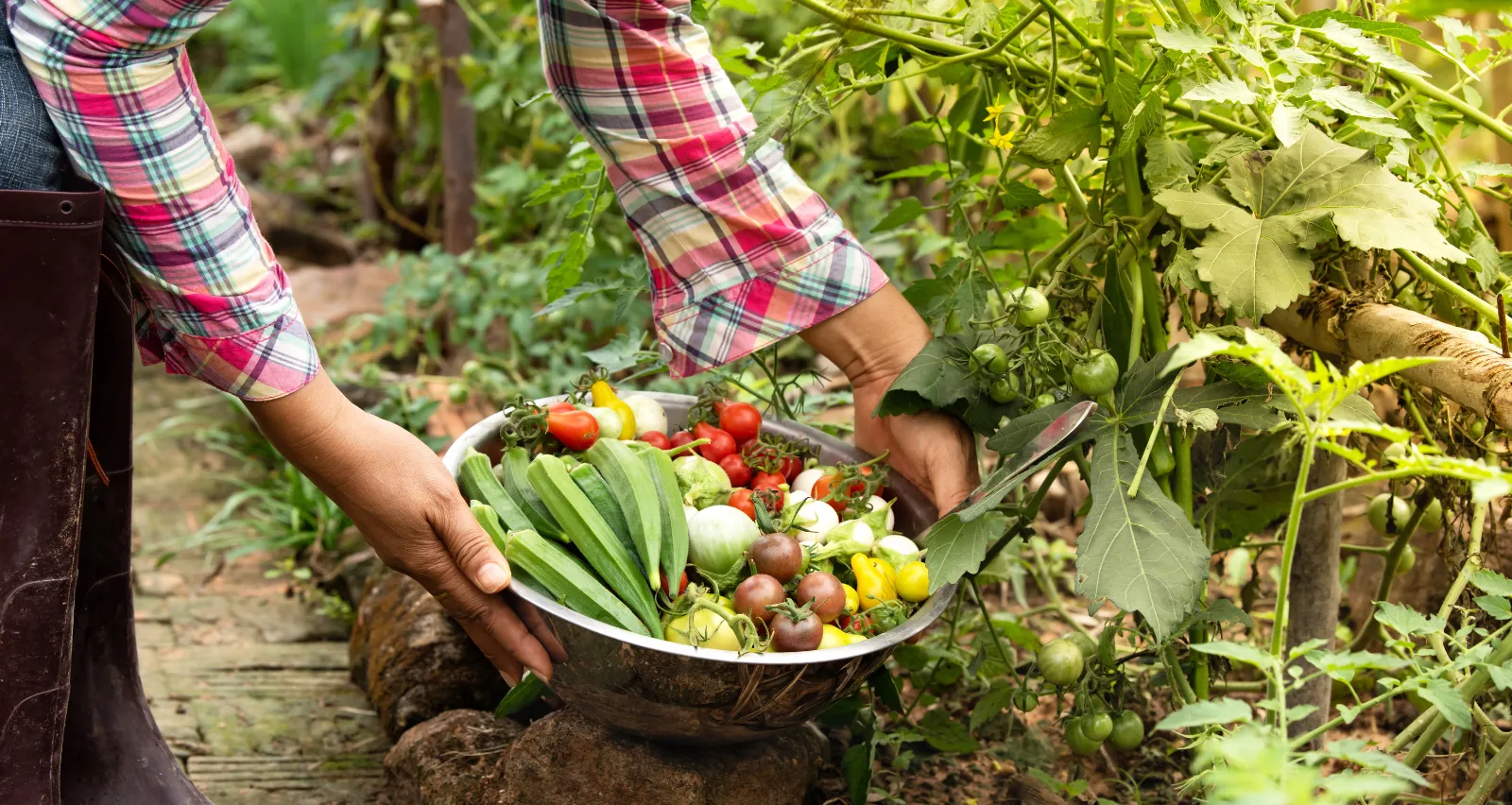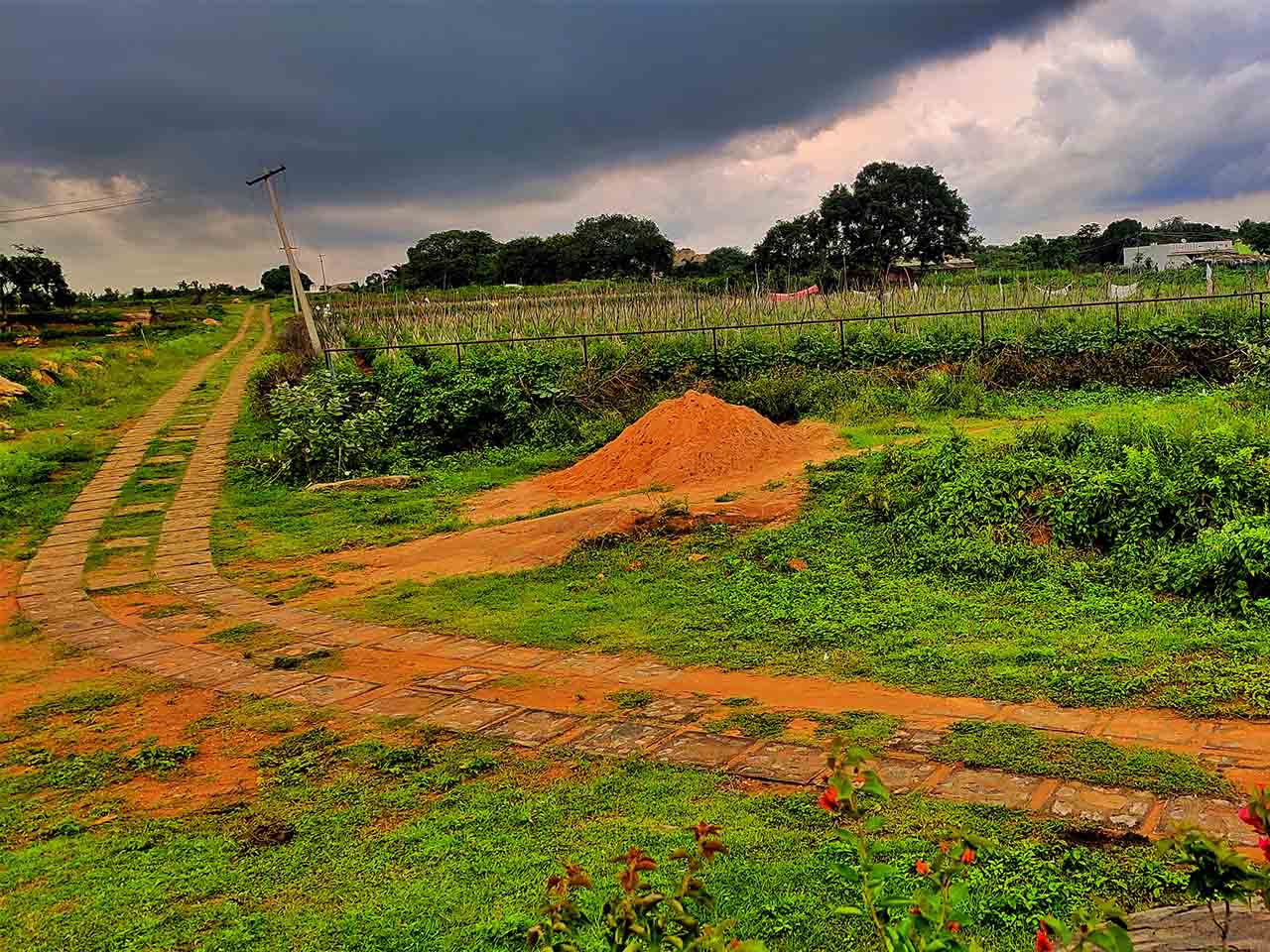
Running a farm is rewarding and demanding, requiring dedication, knowledge and strategic planning. Whether you are a seasoned professional or a beginner, effective farm management is the key to success. In this guide, we’ll explore ten practical tips to help you build a thriving and profitable farming enterprise with a focus on sustainable practices.
- Thoughtful Planting Practices: Setting the Stage for Success
Your planting decisions lay the foundation for a bountiful harvest. Consider your area’s weather patterns when selecting the type of trees you want to plant and scheduling the plantation.
- Nurturing Soil Health: A Foundation for Sustainability
Healthy soil is essential for sustainable farming. Implement practices like cover cropping and no-till farming to improve soil structure and fertility. Managed farmland benefits from these techniques, promoting long-term sustainability and productivity.
- Water Management: Maximizing Efficiency and Conservation
Water is a precious resource on the farm. Implement irrigation systems that minimize waste and optimize water usage. Consider rainwater harvesting and conservation techniques to reduce reliance on external water sources.
- Integrated Pest Management: Balancing Control and Conservation
Pest management is a delicate balance. Embrace integrated pest management strategies that prioritize natural predators and biological controls over chemical interventions. This approach protects both the plantation and the environment.
- Diversified Revenue Streams: Building Resilience and Stability
Relying on a single type of trees can leave your farm vulnerable to market fluctuations. Diversify your revenue streams by exploring a diversified set of trees, value-added products, and agritourism opportunities. This strategy builds resilience and stability in your operation.
- Energy Efficiency: Reducing Costs and Environmental Impact
Energy costs can be a significant expense for farmers. Invest in energy-efficient equipment and practices, such as solar power and efficient irrigation systems, to reduce costs and minimize your carbon footprint.
- Livestock Management: Promoting Animal Welfare and Productivity
If you raise livestock, prioritize animal welfare and sustainable practices. Implement rotational grazing, provide access to pasture, and avoid overgrazing to maintain healthy ecosystems and productive pastures.
- Financial Planning: Securing the Future of Your Farm
Effective financial management is crucial for long-term success. Develop a comprehensive farm budget, monitor expenses closely, and explore opportunities for grants and subsidies to support sustainable initiatives.
- Community Engagement: Building Relationships and Support
Engage with your local community to build relationships and support for your farm. Participate in farmers’ markets, host educational events, and collaborate with other farmers to promote sustainable agriculture practices.
- Continuous Learning: Staying Ahead of the Curve
Farming is constantly evolving. Stay informed about the latest research, technologies, and best practices in sustainable agriculture. Attend workshops, conferences, and online courses to continually improve your skills and knowledge.
By implementing these strategies, you can cultivate a successful and sustainable farm operation that thrives for generations to come. Managed farmland benefits from thoughtful planning and a commitment to environmental stewardship, ensuring a bright future for agriculture.









